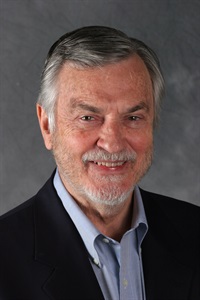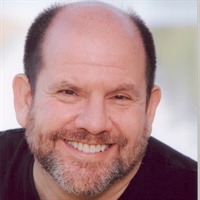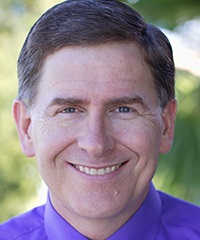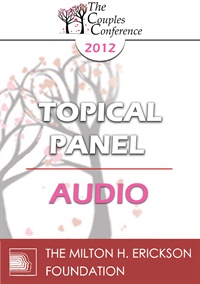CC12 Topical Panel 02 - Bringing Attachment and Neuroscience into Couples Therapy: Benefits, Challenges, and Pitfalls - Rick Hanson, PhD; Harville Hendrix, PhD; Stan Tatkin, PsyD; Scott Woolley, PhD
- Average Rating:
- Not yet rated
- Topic Areas:
- Attachment | Couples Therapy | Neuroscience | Topical Panels | Therapist Development
- Categories:
- Couples Conference | Couples Conference 2012 | Pioneers in Couples and Family Therapy
- Faculty:
- Rick Hanson, PhD | Harville Hendrix, PhD | Stan Tatkin, PsyD, MFT | Scott R. Woolley, PhD
- Duration:
- 59:38
- Format:
- Audio Only
- Original Program Date:
- Apr 28, 2012
- License:
- Never Expires.
Description
Description: This panel explores how attachment theory and neuroscience shape couples therapy. It emphasizes the importance of secure bonds, therapist presence, emotional attunement, and brain-based insights into relational dynamics. Panelists examine how early attachment, brain function, and cultural context influence therapeutic effectiveness.
Educational Objectives:
- To compare and contrast clinical and philosophical perspectives of experts.
*Sessions may be edited for content and to preserve confidentiality*
Credits
Handouts
| Ericksonian Learning Snapshot (248.5 KB) | 2 Pages | Available after Purchase |
Faculty

Rick Hanson, PhD Related Seminars and Products
RICK HANSON, PHD, is a neuro-psychologist and author of Buddha’s Brain: The Practical Neuroscience of Happiness, Love, and Wisdom (with Rick Mendius, M.D.; foreword by Dan Siegel, M.D. and Pref- ace by Jack Kornfield, Ph.D.), published in 21 languages— as well as the forthcoming, Just One Thing. Founder of the Wellspring Institute for Neuroscience and Contemplative Wisdom and Affiliate of the Greater Good Science Center at UC Berkeley, Hanson has taught at Oxford, Stanford, and Harvard, and in meditation centers in Europe, North America, and Australia. An authority on self-directed neuroplasticity, Dr. Hanson’s work has been featured on the BBC, NPR, Consumer Reports Health, and U.S. NeWorkshop and World Report, and his articles have appeared in Tricycle Magazine, Insight Journal, and Inquiring Mind. He edits the Wise Brain Bulletin, and his weekly e-neWorkshop letter—Just One Thing—has over 23,000 subscribers. He has several audio programs with Sounds True, and his first book was Mother Nurture: A Mother’s Guide to Health in Body, Mind, and Intimate Relationships.

Harville Hendrix, PhD Related Seminars and Products
Harville Hendrix, PhD and Helen LaKelly Hunt, PhD are partners in life and work. Their lives and work are integrated in their commitment to the transformation of couples and families and to the evolution of a relational culture that supports universal equality. Harville is co-creator of Imago Relationship Therapy and co-founder of Imago Relationships International. Chancellor of the Imago International Institute and emeritus board member of IRI. Dr. Hendrix has received an honorary Doctor of Humane Letters from Mercer University, Macon, GA, the Distinguished Service Award from the American Association of Pastoral Counselors, and the Distinguished Contributors Award by the Association for Imago Relationship Therapy. His latest book, written with his wife, Helen Hunt, is Receiving Love.

Stan Tatkin, PsyD, MFT Related Seminars and Products
Stan Tatkin, PsyD, MFT, is a clinician, researcher, teacher, and developer of A Psychobiological Approach to Couple Therapy (PACT®). He has a clinical practice in Calabasas, CA, where he has specialized for the last 15 years in working with couples and individuals who wish to be in relationships. He and his wife, Tracey Boldemann-Tatkin, developed the PACT Institute for the purpose of training other psychotherapists to use this method in their clinical practice.

Scott R. Woolley, PhD Related Seminars and Products
Scott R. Woolley, PhD, holds the rank of Distinguished Professor and served for nearly 17 years as the Systemwide Director of the Couple and Family Therapy Masters and Doctoral Programs within CSPP at Alliant International University. He is a founder and Director of the San Diego Center for Emotionally Focused Therapy and the Executive Director of the Training and Research Institute for EFT at Alliant (TRI-EFT Alliant).


